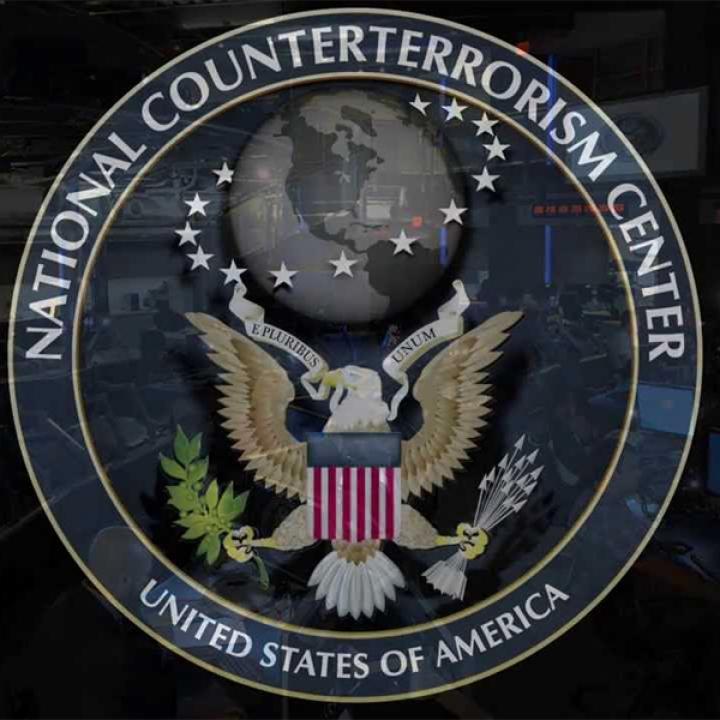
- Policy Analysis
- Articles & Op-Eds
Countering Terrorism in a Period of Great Power Competition
Also published in Fletcher Security Review

To rebalance limited resources, meet great power challenges, and continue forecasting diverse terrorist threats, the U.S. government will need to invest more in capabilities such as machine learning and AI.
Over more than 20 years, the U.S. built a counterterrorism enterprise that proved remarkably successful at preventing another catastrophic terrorist attack like September 11. By investing heavily in counterterrorism over such a long period of time, America created not only new agencies dedicated to fighting terrorism, but also systems that enabled the military to carry out a high rate of operations across multiple areas, supported by unique collection platforms and tools. These further benefited from robust intelligence analysis capabilities that translated vast amounts of collected information into timely and actionable intelligence. But the inherent tradeoff was that all those dollars and intelligence resources went to support primarily kinetic missions. Thus, two factors now underlie the need to rationalize counterterrorism efforts—widening the national security aperture to address other priority threats, and making the counterterrorism mission more sustainable over the long term. Today, the threats that demand quick, dedicated investments emanate from states like China and Russia, and from emerging transnational challenges such as climate change and pandemic preparedness...
To read the full article, download the PDF on this page or visit the Fletcher Security Review website.




